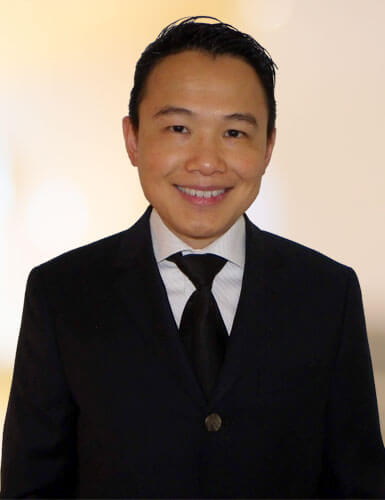Dentist Barrie, Barrie Dentist, DDS’s and DMD’s
Posted: April 13, 2012
Last Modified: December 14, 2018
You want keywords? We’ll give you keywords! Family dentist! General dentist! Barrie Dentist! But what does it all mean?
Let’s have some clarification here, as some is certainly warranted. When someone goes to a dentist, that person is referring to an individual who has graduated from an accredited school of dentistry. In North America, that means coming out of a programme that grants D.M.D. or D.D.S. degrees (Dentariae Medicinae Doctorae or Doctor or Dental Surgery). The two designations are identical, and there is no superiority of one over the other. It merely boils down to what name the university decided to give to the degree.
In Canada, there are ten dental schools: (University of Toronto and University of Western Ontario in Ontario, McGill, Universite Laval and Universite de Montreal in Quebec, Dalhousie University in Nova Scotia, University of Manitoba, University of Saskatchewan, University of Alberta, and the University of British Columbia.
Each requires undergraduate educations with prerequisite courses prior to admission, and each is a four-year professional programme. In order to graduate, not only do students need to pass that school’s requirements, but also pass the NDEB (National Dental Examining Board) standardized exams. Additionally, each province may have extra requirements such as the writing of an ethics and jurisprudence exam.
Each graduate has also had to incur significant school fees. School fees alone will typically exceed $150 000 over the course of the four years. Yikes.
Successful graduates are now called dentists, or alternately, dental surgeons. Their scope of practice basically includes all aspects of dentistry, although some may now go on to specialize. And this is where some confusion arises: dental specialists are dentists that focus on one aspect of dentistry, owing to additional training in that area. This can be in the form of a two-year certificate programme, or a master’s-based programme that can take up to four years. Well known specialties would include endodontics (root canals), periodontics (gum diseases), and orthodontics (correction of dental and facial positional anomalies involving the jaws). A general dentist can treat problems in these areas, but these specialists are involved when problems are outside the comfort level of that dentist to manage.
The specialty of Oral and Maxillofacial Surgery is where much of the confusion arises. These specialists have undergone (usually) a four-year specialty training programme that enables them to manage advanced oral surgical issues. This ranges from small things like single tooth extractions, all the way to corrective jaw surgeries and tumour removals. They are colloquially referred to as Oral Surgeons, and although they are dentists, they typically do not perform routine dentistry (fillings and the like). When someone tells you that he/she routinely goes to an oral surgeon, that person is likely mistaken: routine maintenance is done at a dental surgeon’s (dentist’s) office.
Barrie dentistry has a complement of dental specialists that can aid you in the management of your dental problems, but in the event that a local specialist is unavailable, we are fortunate to be located close to Toronto, where all the dental specialties can be found.
The nice part of dentistry in Canada (and the U.S.) is that the general dentist (a.k.a. family dentist) still retains a quarterbacking role in the overall management of the patient. Dentistry has not become so subspecialized that a patient does not have a “main” dentist. (Compare this to the situation in medicine, where the involvement of multiple specialists in the care of one patient ends up in a confusing situation where not all the specialists know what the others are doing, and sometimes, not even the family physician.) You still have a dental home. The fewer things are spread out, the less likely information will be lost between different people. Go ahead and ask Dr. Wong what he thinks about independent dental hygiene practices.
Hopefully this clears up some confusion! At Dr. Elston Wong Dentistry, we aim to provide comprehensive, evidence-based dental care for long-term health. This means that our team is focused on identifying risk and taking measures to prevent problems instead of dealing with them before teeth break or other pathology develops. Some of the dentistry will be familiar to you, and some may be more advanced. For a personalized assessment of your oral health, or if you have questions about your mouth and teeth, please contact us! We’d love to be your Barrie dentist/dental surgeon!


